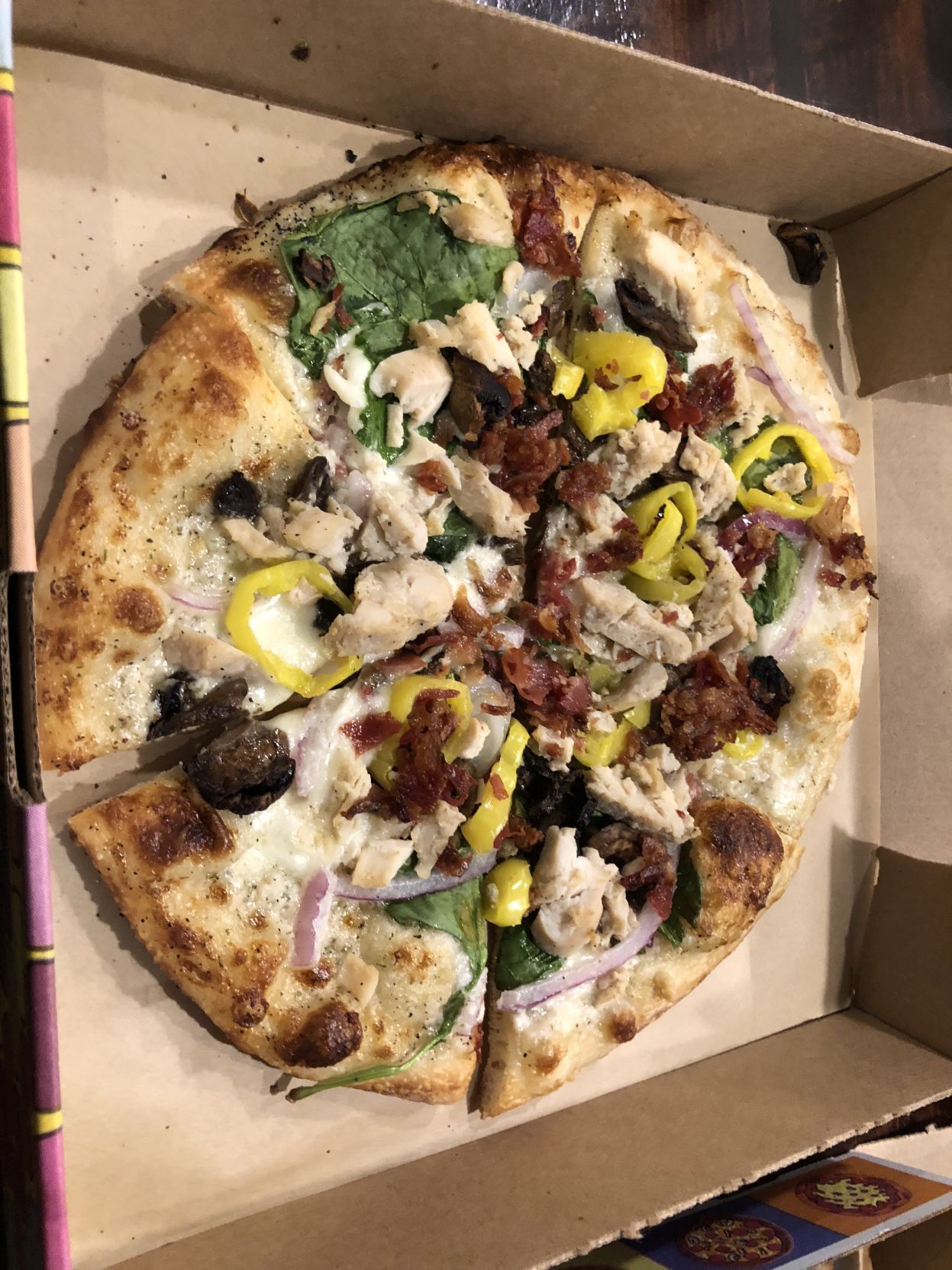
JUDGE THROWS OUT LAWSUIT AGAINST LARPENTER
March 7, 2019
No "Sur-pies", it’s good!
March 7, 2019In 1942, a Greyhound bus re-united me with my family in New Orleans where my dad now worked at Higgins Industries making landing crafts. I had stayed behind to complete seventh grade. I enrolled at Samuel J. Peters High School, later re-named Israel Augustine Middle School.
Names were changed in the 1950s during the civil rights movement I agree that schools in an African-American-majority city should not be used to display names of slave owners and confederate generals. They should be used for their intended purposes: (1.) to feed kids lunch; (2.) Play sports, and … oh yes, (3.) get educated. Well two out of three ain’t bad.
In the city my Cajun accent got me nicknamed “Country”. When I came back home. I had lost the Cajun and acquired the “who dat” accent so naturally my new nickname became “City”. What goes around comes around.
After a year at Peters High I foolishly ran for student government president. I wrote my first campaign song … for myself. I remember the words: “Let’s vote for Country Martin, we all know that he’s smart in. e-vi-dent-ly, student Gov-ern-ment. So let s all get together, and help elect him “o u r” Pre-si-dent.”
Not even Edgar Allen Poe would have been clever enough to rhyme “Martin” with “smart in” or to make “evidently” a four syllable word, nor to emphasize three syllables of the words “government” and “president” and make two syllables of the word “our” to keep every line in meter. That takes deep thinking, (or deep stupidity. I was young and had a lot of that.)
A kind teacher mimeographed* (*Ask your grandparents) 50 copies which I passed out on “Campaign Speech Day” and asked my fellow students to sing alone with me. They didn’t I should have sensed trouble, but I bravely campaigned on. I was slaughtered in the election, beating only the much hated school bully.
Later, my accent became an asset.
Ma. Gartner was coir drama teacher and she produced a play called “Mr. South America”. Her qualification for her job was that years earlier she had one line in a silent Greta Garbo movie. Years later I watched it on Turner Classic Movies. I saw a maid who looked somewhat as she might have in 1925. As she moved her lips, the card read: “Coffee or tea, air?” Ill never be sure.
It was the third year of World War IL and America was trying to cement relations with our southern hemisphere.
The play was pure propaganda written in Hollywood for the war department and distributed to schools. Many years later I found the script, another casualty of Hurricane Hilda. The writers meant nothing to me then, but today one does … F. Scott Fitzgerald, author of “The Great Gatsby”.
Writers, movie stars and directors were doing their bit for the war effort.
Probably because of Mm, the play was quiet good. Ma Gad-ner had picked me for the lead role of “Mr. South America” because of my accent.
“But Mrs. Gartner.” I argued, “my accent is Cajun, not Latin.”
“Hush,” she admonished me. “An accent is an accent They won’t know the difference.”
They didn’t and I was a hit. I didn’t shave yet. but every performance she came with a crayon and painted me a black mustache.
The world turned, the years passed and in 1952 I started to write campaign songs again at the request of my friend Dick Guidry. I wrote “Insurance Checks” to the tune of “Shrimp Boats” for Senator Clyde Caillouet. He won.
Wrote one for Assessor Hubert Robichaux and Clerk of Court Ambrose Landry. They won and I got a job out of that one.
Two for State Representative and Congressional candidate Richard “Dick” Guidxy. He won one and lost one. I batted 500 with him.
I wrote two for Francis Du-gas for District Attorney, one in French by Vin Bruce and an English one by me.
There’s more. Next week FD tell the how, why. where or when I did all that Tune in.
BYE NOW?
Comments are welcomed at leroymartinl92gmail.com.









